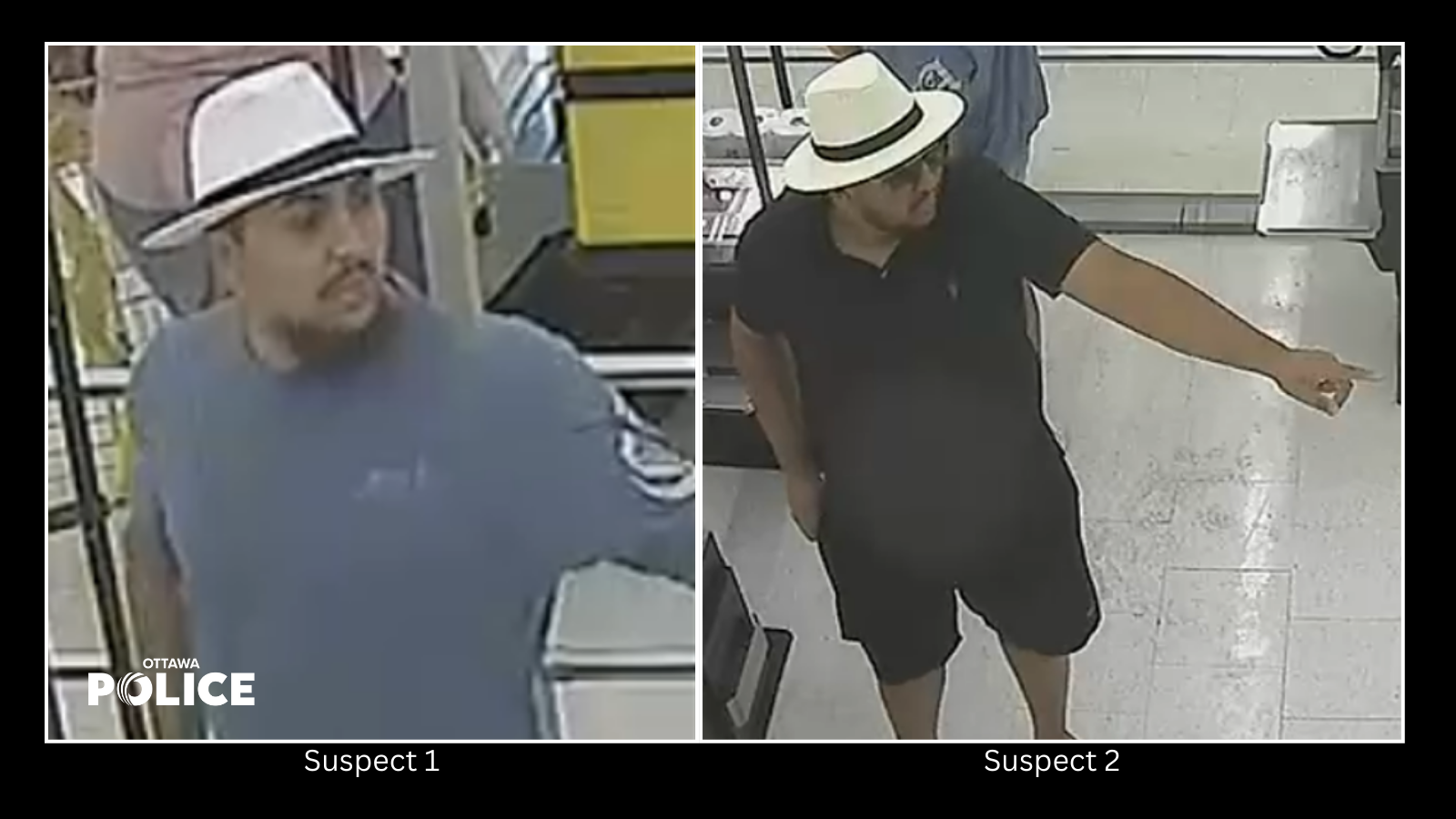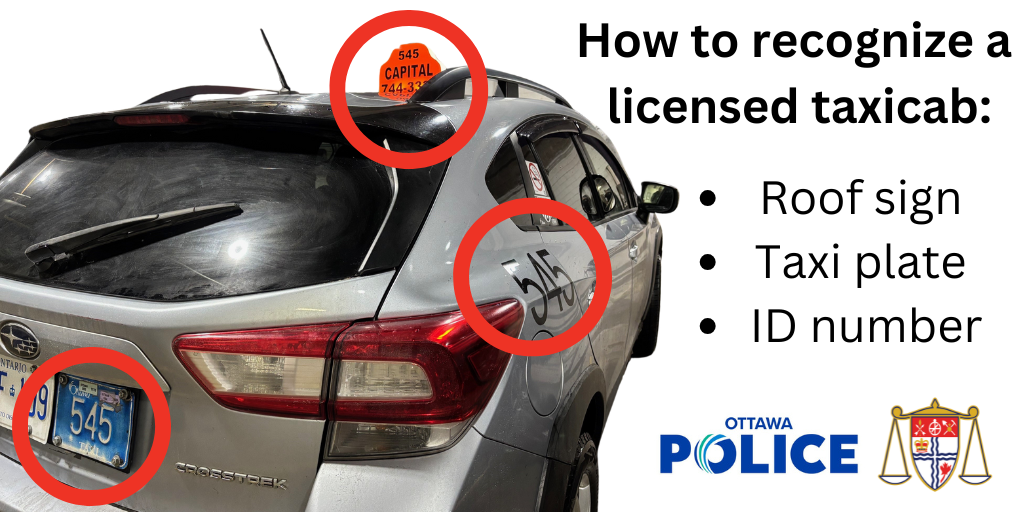https://ottawa.ctvnews.ca/ottawa-couple-out-13k-after-scammer-posing-as-td-bank-steals-credit-card-info-1.6755176
An Ottawa couple is reeling after a scam phone call from who they thought was a representative from TD Bank cost them $13,000.
Janel Nguyen and her partner Evan Dudley say that what seemed like an ordinary phone call from the bank's fraud department turned out to be a scammer trying to gain access to their identity and credit card information.
An Ottawa couple is reeling after a scam phone call from who they thought was a representative from TD Bank cost them $13,000.
Janel Nguyen and her partner Evan Dudley say that what seemed like an ordinary phone call from the bank's fraud department turned out to be a scammer trying to gain access to their identity and credit card information.
"They knew my name, obviously my phone number, my address, a bunch of different information that looked like it was within my banking details," Nguyen said.
"They basically told me that there was fraudulent charges on my credit card and they wanted to make sure it was me."
After a series of back and forth, the scammers said they were going to send her a security pin to allow them to lock the card and start a fraud case. All of this led to the scammers getting into her credit card account online and issuing cash advances until the card was maxed out.
Within thirty minutes, they realized what had been done and rushed to the bank to confirm and stop the transactions.
By this point Janel realized that her entire life savings were gone. She had been saving for three years in anticipation of a six-month trip around the world, her lifelong dream.
"In the blink of an eye – it's all gone," said Dudley.
The complications only soared when the bank told them the fraudulent transactions were not their responsibility, and the couple were on the hook for paying back the stolen money. The couple filed a police report and were told it is unlikely they would ever get the money back.
The bank also continues to charge the couple interest on the fraudulent charges.
"It just felt like we didn't find any support when we got to the bank. We didn't get the help we thought we were going to get," Dudley said.
TD Bank said in a statement to CTV News that they use "numerous security controls" to protect their clients and denied fault in this instance.
"Our security protocols and systems include technology that help us identify suspicious transactions quickly to protect our customers falling victim to financial harm," the bank said.
"We strongly encourage your readers and our customers to stay vigilant when it comes to suspicious or unauthorized activity on their accounts."
In 2023, there were 3,631 victims who were tricked by similar scams, losing a collective $309 million, according to the Canadian Anti-Fraud Centre(opens in a new tab).
Specifically for Ontario, 1,209 victims were swindled out of roughly $111 million.
Adrianus Warmenhoven, a security expert with NordVPN, says personal information used by scammers to fool victims is more accessible than ever.
"There's a bigger picture that anybody has of you than people would normally assume to be online," he said.
"This consists of all these pieces of data, so if I can recreate this data, I simply am you, there is no difference any more. People do not understand they need to protect this digital persona, this digital part of them because if I can recreate it, I can do everything you can. "
He says banks should have an increased responsibility to their customers, as advancements in artificial intelligence and deep faking technology make fraud easier and more scalable than ever.
"I think they have a responsibility to mitigate these scamming possibilities that they help create as well," he said.
"They need to take a hard look and maybe reinvent some of the transactional procedures again."
The Ottawa couple are hoping that banks implement technology that can flag suspicious transactions faster and are warning others of the danger.
"Just hang up the phone and call your own bank back, there's no point in trusting anyone over the phone these days honestly," Nguyen said.
--With files from Colton Praill, CTV News


